
creating sentences such as "Me gusta comer ....... " "Ayer bebí ..." etc. If the
player doesn't know how to say the vocabulary item, then they return it to the bottom of a pile. If, however, a player turns over a pirate card, then they lose all the cards they are currently holding. It's best to put these off to one side rather than back on the pile or the game will go on forever ! The player with the most cards at the end wins. The students loved it, except the poor girl who got four pirates in a row. : )
DOWNLOAD food template

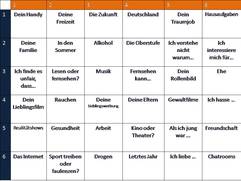
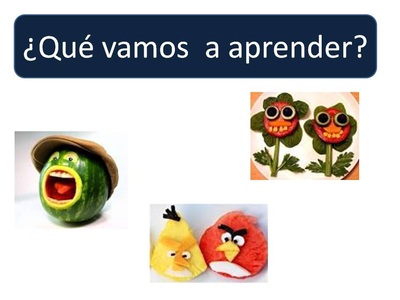
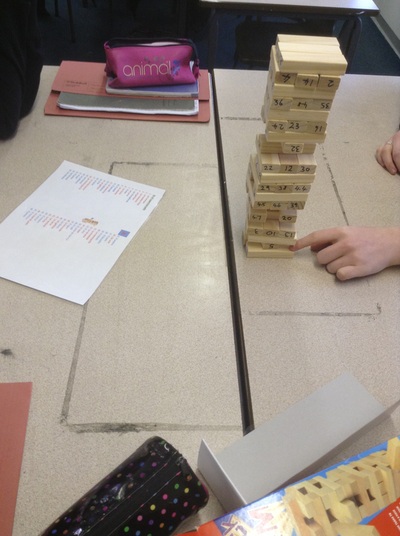
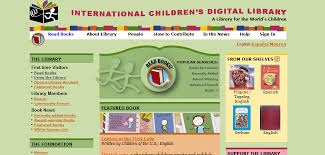
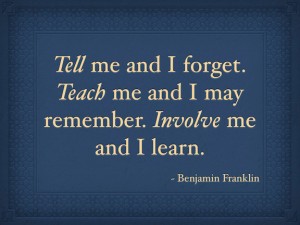

 RSS Feed
RSS Feed
